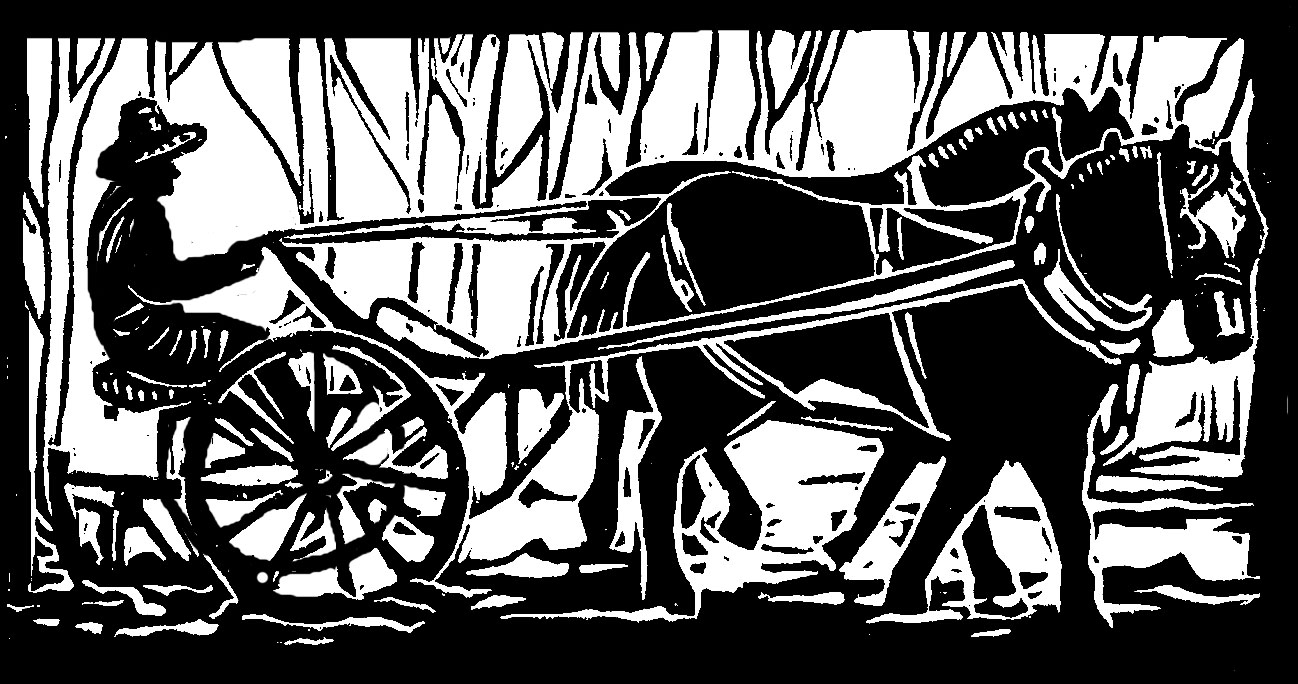November on our New Hampshire vegetable farm means clearing out greenhouse beds, rolling up irrigation, storing crates and buckets, repairing tools, and, of course, celebrating. We did it again! We made it through another round of vegetables, and now we can both glory in the garden's goodness and revel that the season is over!
Ah, but wait: we still have to review the year and plan for next season. We need to do it right now, before the revels, and much, much before March or April, when we are giddy with warm weather and the fresh green of the world, and when we think we can do everything, twice over.
Yes, right now, when we are tired, and a little cranky, and the memories of the year have not yet faded into funny stories. All season we groaned to each other about everything annoying and foolish we did or didn't do this year, and with both farmers now hitting our fifties, we are considering our knees and our backs and our energies and next year's work more than ever.
We have to be realistic, we say firmly to one another, and plunge into the depths of foolish and annoying: why, for example, did we not get nearly as many potatoes as usual this year? Well, because we are planting more than we can look after.
“Let's plant less, and take care of them better,” my fellow suggests.
“I like that,” I say, writing it down. “So simple, yet so elegant.”
“We'll get just as many potatoes with less work, I bet,” says my fellow farmer. “Less work! More money!”
I laugh. “Don't you mean 'Less work! Better crops!' ”
“Yes! Less work! More money! Better crops! Write that down!”
I write it down, still laughing, and go on to our second question. Why was our eggplant crop so pathetic? Well, because the eggplant was to be planted in the old strawberry beds in the greenhouse, but the old strawberries were so prolific that we kept picking and picking, and didn't dig the plants up until much later than we planned, which meant the eggplant got in really late, after being in pots too long, and after the tomatoes in the nearby rows had gotten big enough to shade their small new neighbors.
“Let's not do that again,” I say.
“We won't need to dig up the new planting of strawberries for a couple years, anyway,” says my fellow.
“Let's figure out a plan before we have that crisis again, in a couple of years. I'd like to use our greenhouse space much more efficiently, anyway. I want to plant all the cutting greens inside, so that the weed pressure isn't so high, and the greens will be easier to harvest.”
“Maybe we could devote a whole greenhouse bed to greens. And then, with the strawbs, we can just plan on digging them up when they're done, and then put in a later-season crop, something for the fall istead.”
“Good, good,” I say, scribbling away. “Why didn't we think of this before?”
“Because we didn't have time to think!” says my fellow farmer. “What's next?'
“Well, dill and cilantro, which we knew were a problem right when we sowed them. We put in way too much and then of course they got totally overrun with weeds, which goes back to . . .”
“Less work! More money! Better crops!”
“But here's a different question: why were the cherry tomatoes so hard to pick this year?” “Because one of the posts broke, and the whole fence sagged over to the side of the greenhouse, and we didn't have room to pick easily.”
“We could put the cherry tomatoes in a bed closer to the center of the greenhouse,” I say.
“Or we could have fixed the post,” my fellow suggests.
I look askance at him. “I want bigger solutions,” I say, “more far-reaching ones.”
“Less work! More money! Better crops!” hollers my fellow farmer gleefully.
“But we don't need a better crop. We had a fantastic cherry tomato year.”
“We need more money and less work then!” says my fellow. “And we had great sweet red and green peppers, and onions, and a ton of winter squash. And lots of other good things. Nice, huh?”
“Yeah, but we're supposed to be focusing on the bad.”
“We are. We're going to fix it all! Ready? Ready?” I give in to my fellow's irrepressible good cheer, and we both holler it out: “Less work! More money! Better crops!”
Thus, our realistic review session dissolves into general end-of-season hilarity. Ah, November on the farm . . .
Originally published in the Monadnock Shopper News, Nov 20- Nov 27, 2019
